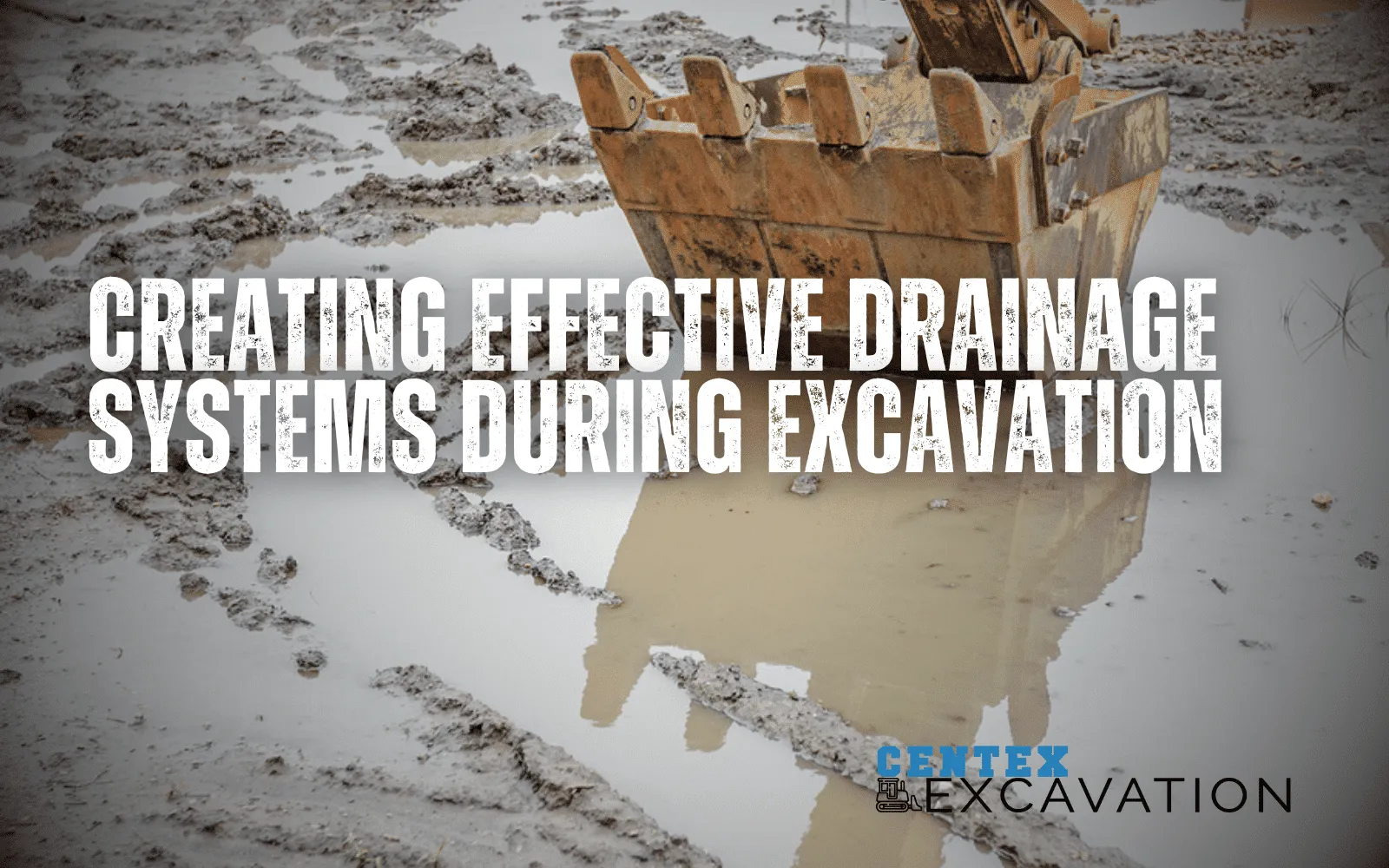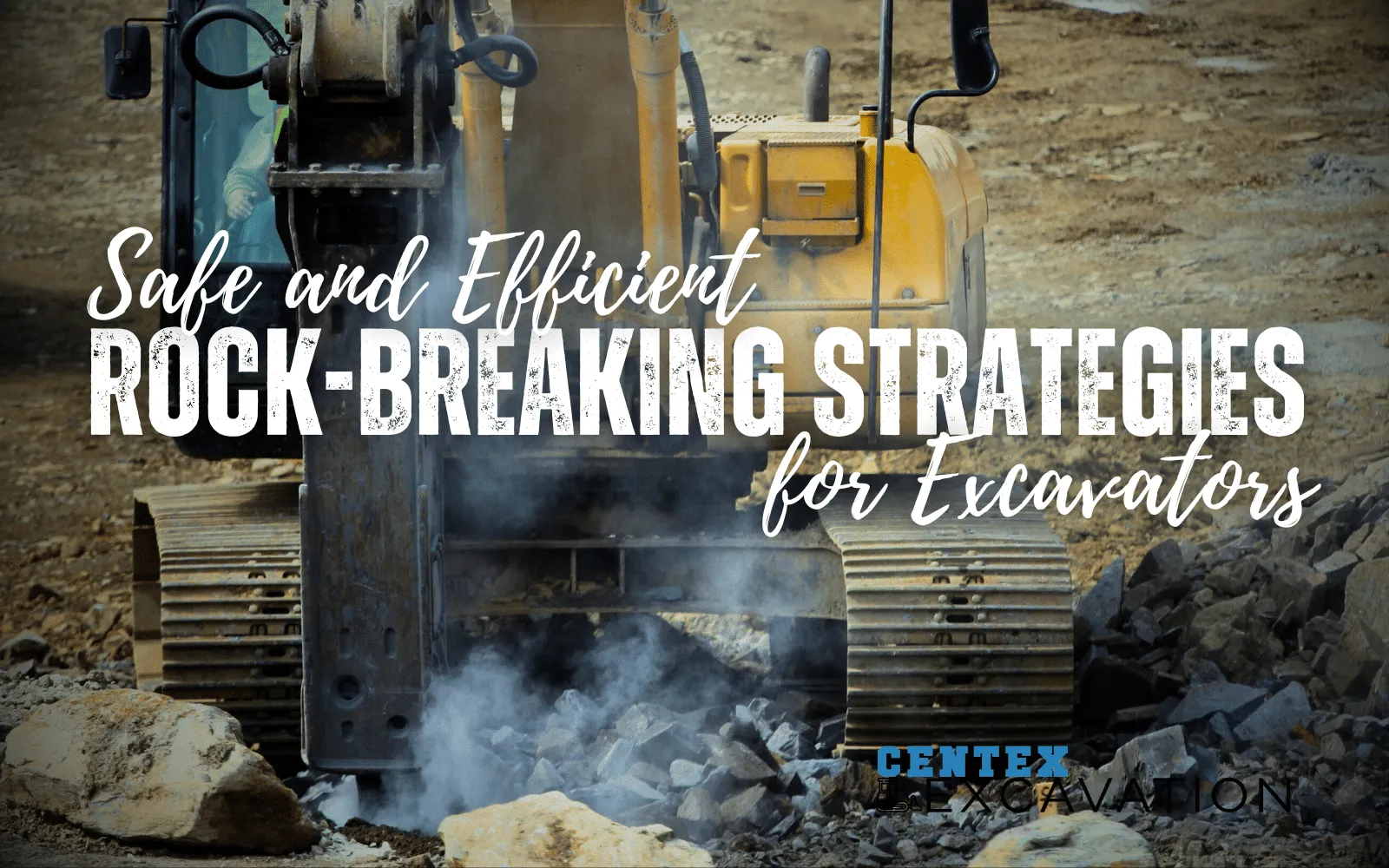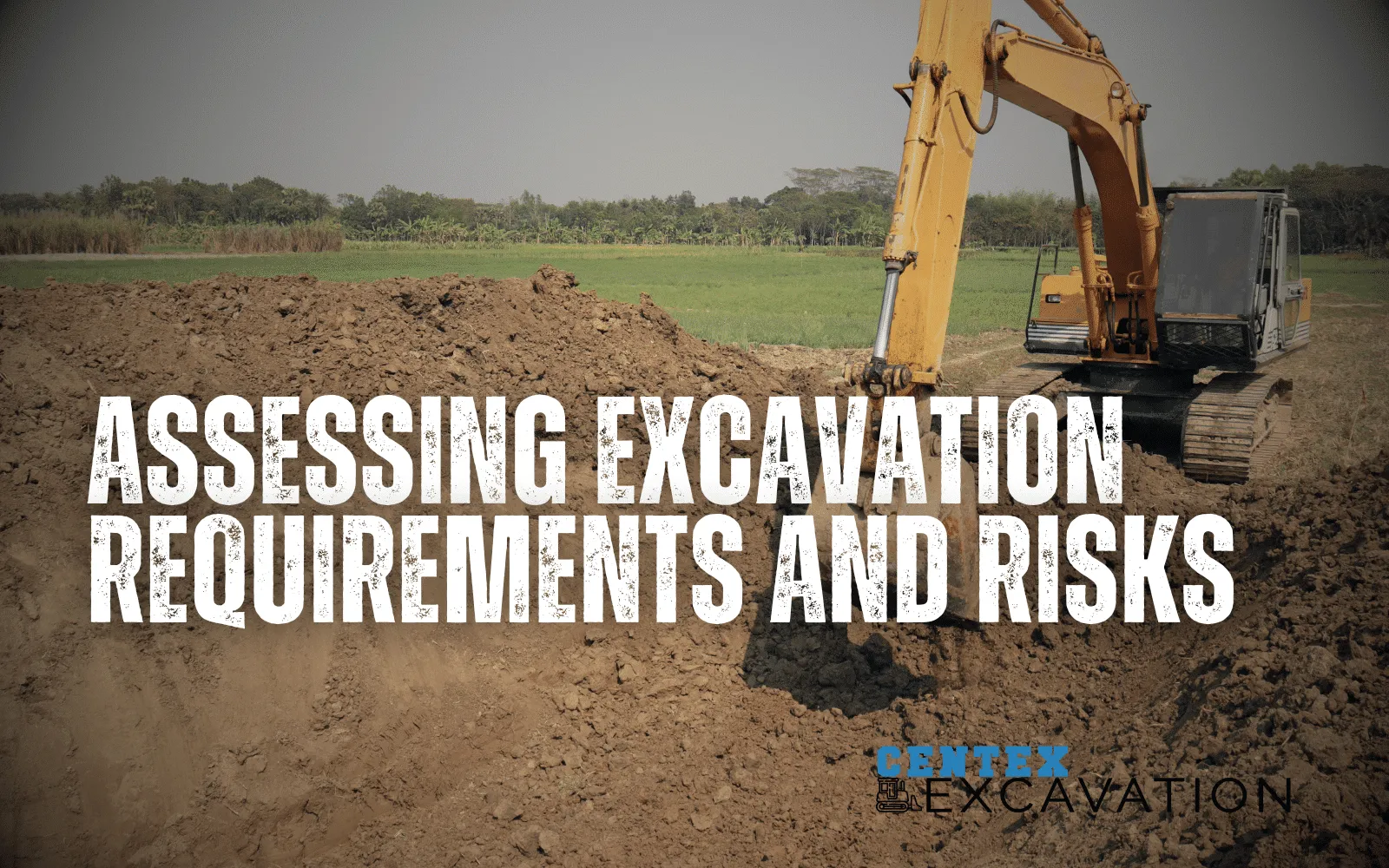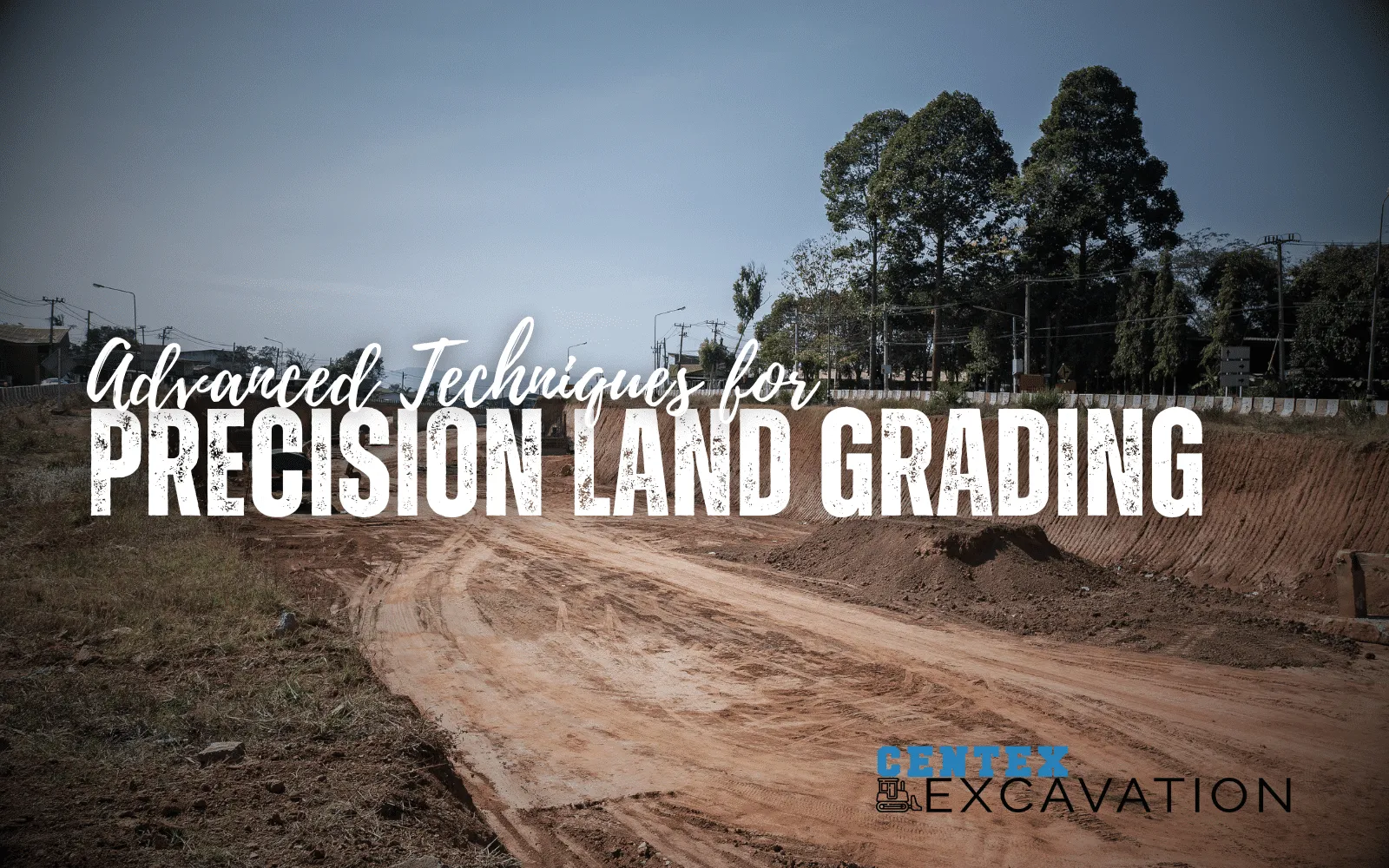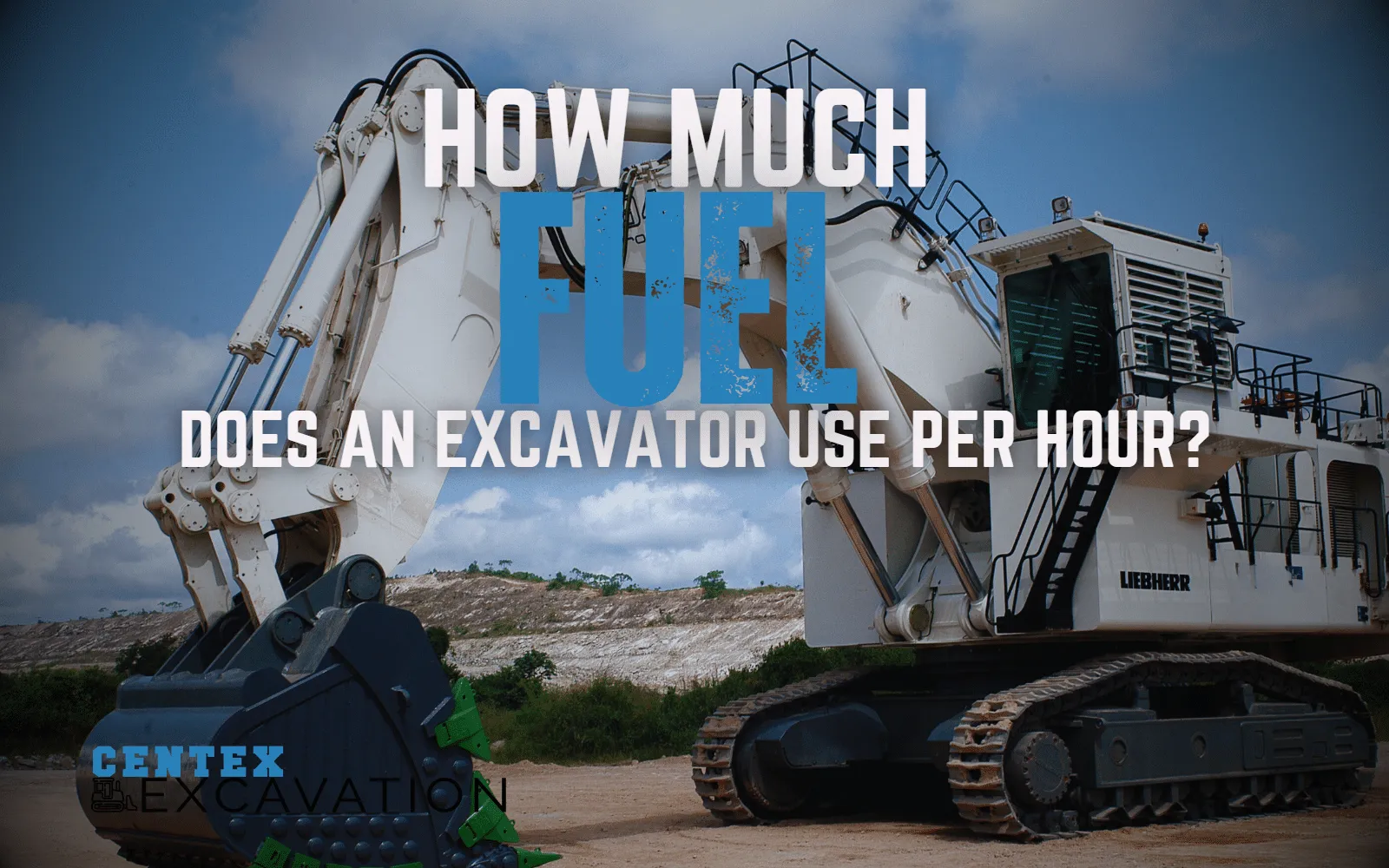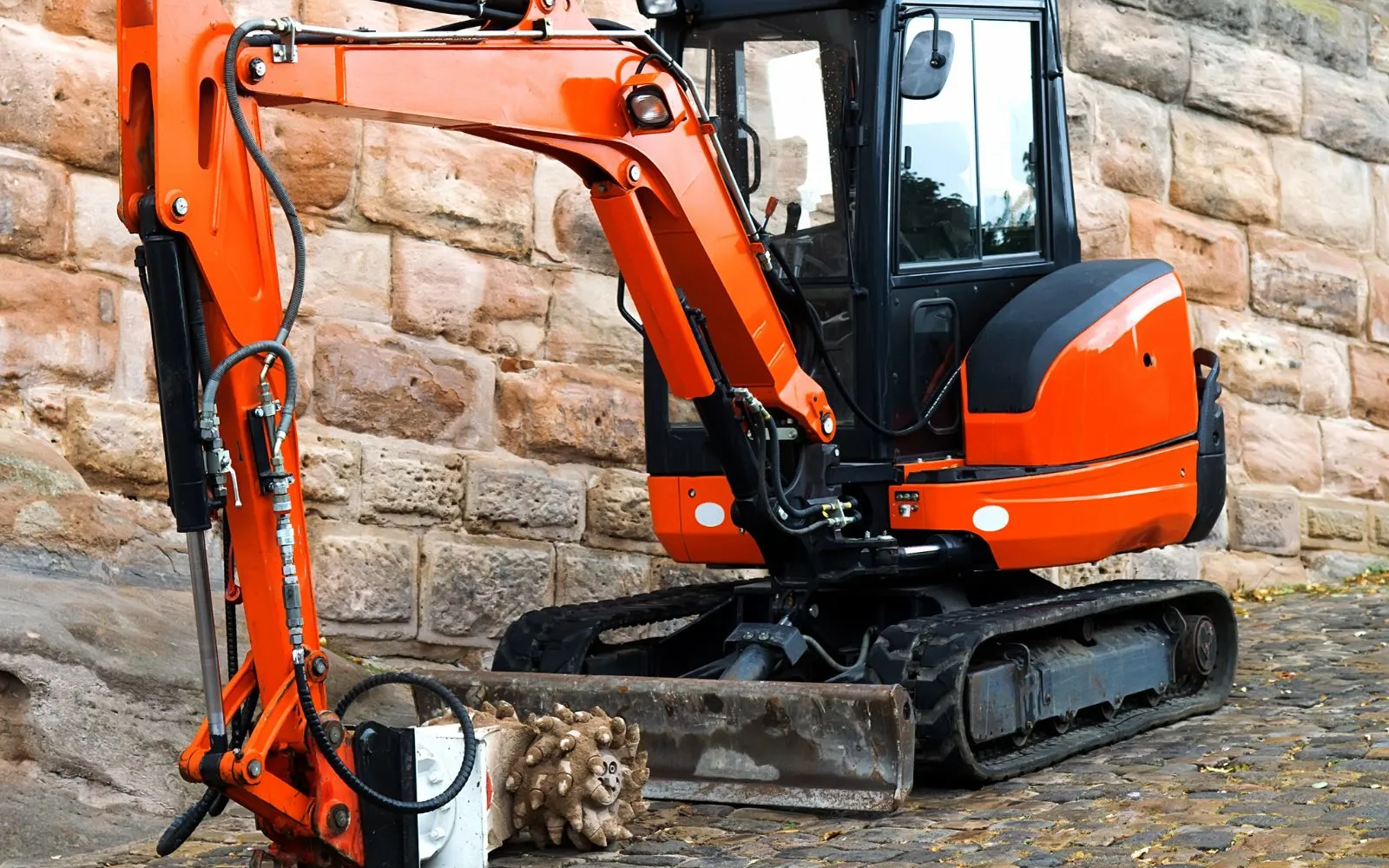Leveraging GPS Technology for Accurate Excavation
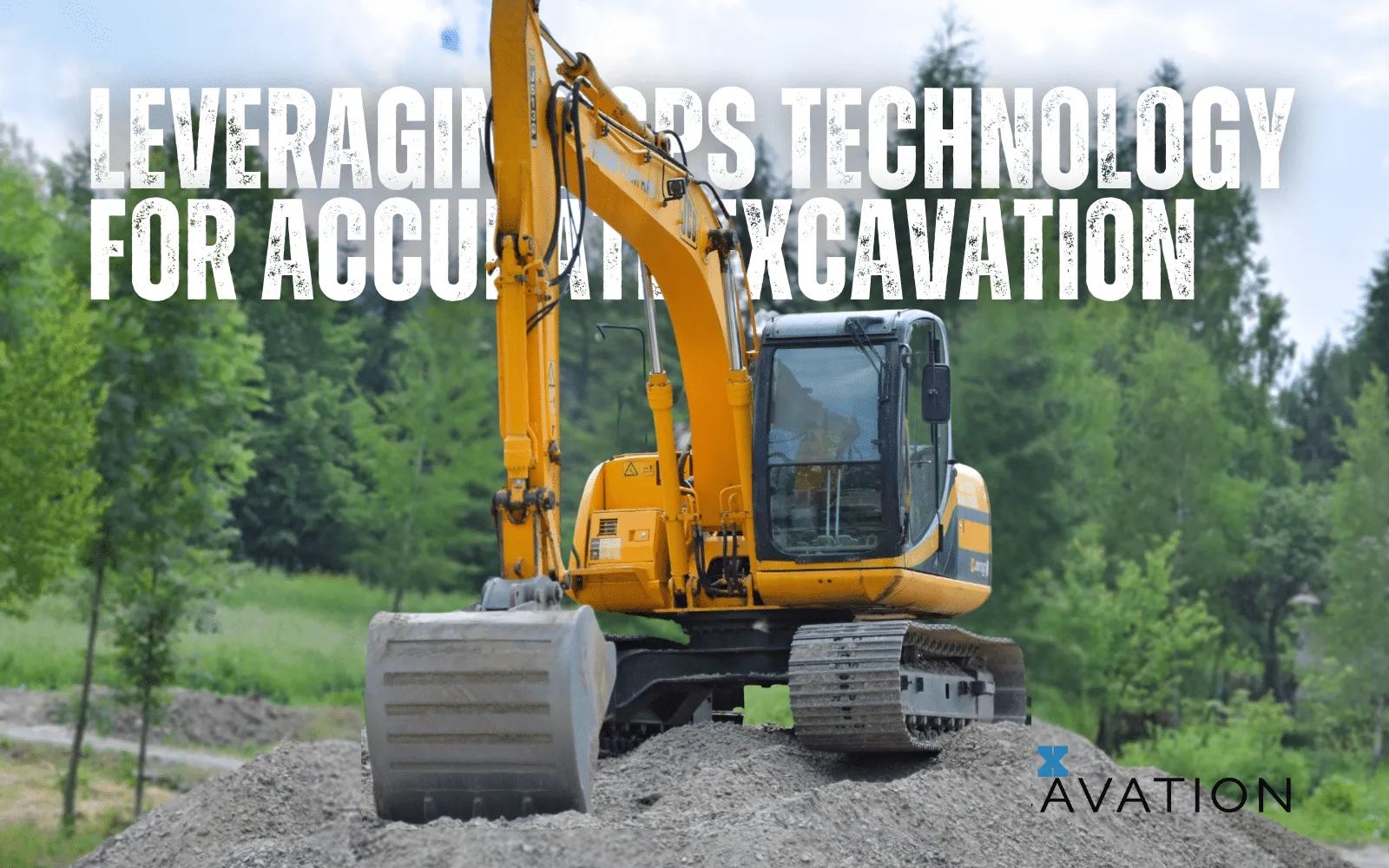
In the construction industry, precision is not just a benefit; it's a necessity. Accuracy in excavation can significantly influence the success of a project, impacting everything from the foundation's structural integrity to the overall timeline and budget.
This is where GPS technology comes into play, offering a level of precision and efficiency previously unattainable with traditional methods.
The rise of GPS in construction.
GPS technology has revolutionized many industries, and construction is no exception.
Initially designed for military navigation in the 1970s, GPS has found a crucial place in civilian applications, especially in tasks requiring pinpoint accuracy, such as excavation.
By providing real-time data on the location of machinery and excavation sites, GPS technology helps construction professionals avoid costly mistakes and ensures that every dig is precisely where it needs to be.
After all, we're all about the bottom line in this business, and if we can reduce mistakes, we can increase our profits.
How GPS enhances excavation accuracy.
At its core, GPS technology offers a three-dimensional view of the construction site, allowing operators to see their exact position relative to the project's specifications.
This precision is invaluable for several reasons—
- Reduced risk of errors. With GPS-guided excavation equipment, operators can follow the exact parameters set out in the project plans, reducing the risk of digging too deep or straying outside designated boundaries.
- Increased efficiency. GPS technology streamlines the excavation process, allowing for faster completion times. Operators spend less time measuring and marking out dig sites and more time on the actual excavation.
- Cost savings. By minimizing errors and increasing efficiency, GPS technology can lead to significant cost savings. Projects stay on schedule, and resources are used more effectively.
If you notice, all of that starts and ends with profits. GPS is an enabler that allows excavations to be more accurate and efficient.
Of course, this might not be for every company. If you're a smaller excavation company that does smaller projects, then GPS might not be necessary.
Implementing GPS technology: Tips for success.
For those in the construction industry looking to leverage GPS technology for excavation, here are some tips to ensure a successful implementation—
- Invest in Quality GPS Equipment. Not all GPS systems are created equal. Opt for high-quality, construction-grade GPS technology designed for the rigors of excavation work.
- Train your team. Ensure your team is well-trained in using GPS equipment. This includes operators, site managers, and anyone involved in excavation. Most of the software is pretty simple to use and implement, but ensure your team is up to speed on it.
- Regularly update software. Keep your GPS software up to date to take advantage of the latest features and improvements. Most GPS systems will do this automatically for you saving you even more time.
- Plan for integration. Consider how GPS technology will integrate with your existing workflows and systems. This may require some adjustments to your current processes. It's not something you simply want to set and forget. Always include careful planning.
- Monitor and adjust. Regularly review the performance of your GPS-guided excavation operations. Be prepared to make adjustments as necessary to optimize efficiency and accuracy.
If you take those tips to heart and go forward with the GPS integration on your worksites, we're confident you'll be more successful.
The future of excavation: Beyond GPS.
While GPS technology has already made a significant impact on excavation accuracy, the future promises even more advancements.
Innovations such as augmented reality (AR) and machine learning are set to further enhance the capabilities of GPS systems, offering even greater precision and efficiency.
For instance, AR can overlay digital information onto the real world, providing operators with a more intuitive understanding of excavation sites. Machine learning, on the other hand, can predict potential issues before they arise, allowing for preemptive adjustments.
Many construction companies currently hire out — or even have in-house — drone operators that leverage GPS with aerial inspections to better represent a project. With the payload addons that drones offer, there's no reason to make planning mistakes anymore.
Leverage the GPS tech on your next project!
The integration of GPS technology into excavation practices marks a significant leap forward for the construction industry.
By embracing this technology, companies can enjoy heightened accuracy, efficiency, and cost savings, positioning themselves as leaders in the field.
As we look to the future, and you know we do love the future at Centex Excavation, the potential for further innovation in excavation technology is boundless, promising even more significant strides in construction accuracy and efficiency.
For those ready to dig into the future of construction, GPS technology is the tool to start with. It's a tried and true tech that has been helping the industry for years.

